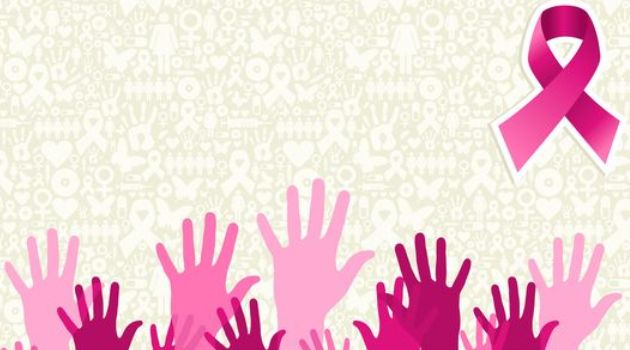NAIROBI, Kenya, Oct 31 – Beyond October, the pink ribbons, the campaigns and fundraisers, Breast Cancer Awareness is just the tip of the iceberg; individuals, families, communities and countries need to stay the course. Apart from cervical cancer, breast cancer is the most common cancer among Kenyan women.
Most breast cancers are found in women who are 50 years old or older, but breast cancer also affects younger women. October, the Breast Cancer Awareness Month, provided an opportunity for us all to focus on breast cancer and its impact on those affected by the disease in our community.
Breast cancer is a disease in which breast tissue cells start growing abnormally and uncontrollably.If you have been recently diagnosed with breast cancer, or you’ve been told you may be at high risk of developing it, talk to the specialists at Nairobi Hospital. Our integrated team of professionals will guide you and your loved ones through each step of the journey, from diagnosis to treatment to recovery and survival.
Survival rates continue to climb due to better treatments and increased screening that finds cancers when they are most treatable.With women more knowledgeable about warning signs, the importance of self-examination, treatment options and second opinions, they are better prepared than ever before to confront a breast cancer diagnosis something an estimated one in eight women will do in her lifetime.
The leading risk factor for breast cancer is simply being a woman. Though breast cancer does occur in men, the disease is 100 times more common in women.Another top risk factor for breast cancer is simply getting older. As you age, your risk of breast cancer goes up with most breast cancers found in women aged 55 and older.
Other factors include menopausal hormone use, changes in reproductive patterns and the increased prevalence of obesity. Research suggests breastfeeding for a year or more slightly reduces the overall risk of breast cancer by about a 4.3 percent reduction for every 12 months of breastfeeding. You may be asking why … one possible explanation is that breastfeeding often interrupts periods, meaning fewer menstrual cycles and less estrogen exposure. Others suggest that the reduced risk can be credited to structural changes in the breast after lactation and weaning.
At Nairobi Hospital, you can talk with a physician to evaluate your personal risk of breast cancer.
Women often detect breast cancers themselves, so don’t underestimate the importance of a examining your breasts regularly. By becoming more familiar with your breast tissue and appearance, you will be more likely to notice changes should they occur.
Exercise has been proven to reduce breast cancer risk.While the American Cancer Society recommends 150 minutes of moderate-intensity exercise per week to manage risk, for some, even 30 minutes per week has been found to be beneficial. One is advised to minimize alcohol intake to control risk. That means one glass of wine, one beer or one hard liquor drink per day.
Drinking seven drinks in one day and none the rest of the week is not OK
For breast cancer patients, the goal of returning to “normal life” can be a powerful motivating force. But even long after the healing and recovery process is over, getting back to a regular routine can pose challenges that many women don’t anticipate. There are many tools and resources at the Nairobi Hospital that can help you ease back into the world and make your new life better.
They say that one of the best therapies is to focus on what brings you the most joy in life, whether that’s family, spirituality or hobbies. In any case, reaching out for help and not isolating yourself is key.










































